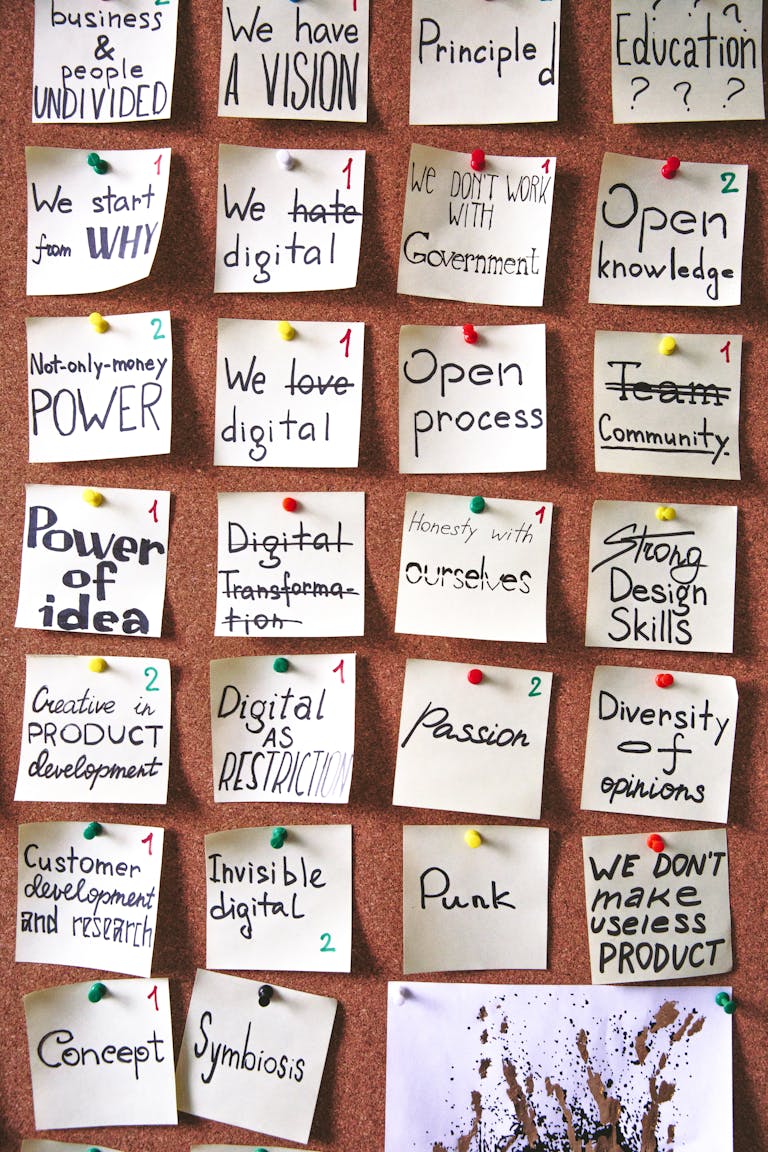Effective communication is one of the most valuable skills you can develop in both your personal and professional life. It’s essential for building strong relationships, achieving success in your career, and navigating through everyday challenges. Whether you’re having a conversation with a colleague, a family member, or a friend, how you communicate plays a key role in shaping your interactions and outcomes. In this article, we’ll explore actionable strategies for mastering the art of effective communication.

1. The Importance of Effective Communication
Good communication goes beyond just exchanging words; it involves conveying messages clearly, understanding others, and fostering positive interactions. In both professional and personal settings, communication is the foundation of collaboration, trust, and problem-solving. Without strong communication skills, misunderstandings, conflicts, and frustration are more likely to arise.
On the other hand, when you communicate effectively, you can build rapport, resolve issues more efficiently, and strengthen your relationships. In the workplace, effective communication can also lead to greater career success, as it enhances your ability to collaborate, influence others, and lead with confidence.
2. Key Components of Effective Communication
To become a better communicator, it’s important to understand the key components that contribute to effective communication:
- Active Listening: Communication is a two-way street. Active listening involves fully focusing on what the other person is saying, without interrupting or planning your response while they are talking. This shows respect and helps you understand their perspective.
- Clarity and Conciseness: Effective communication requires clarity. Avoid jargon or overly complicated language, and get to the point quickly. Keeping your message simple and straightforward makes it easier for others to understand and respond to.
- Non-Verbal Cues: Your body language, facial expressions, and tone of voice all play a significant role in communication. Be mindful of these non-verbal signals, as they can enhance or contradict the message you’re conveying.
- Empathy: Empathetic communication involves understanding and responding to the feelings and emotions of others. When you approach conversations with empathy, you create a supportive and respectful environment.
3. Strategies for Improving Communication Skills
Improving your communication skills takes practice, but the following strategies can help you become a more effective communicator:
3.1 Practice Active Listening
One of the most important aspects of communication is listening. Active listening allows you to fully absorb what the other person is saying and respond in a way that shows understanding and respect. Here’s how to practice active listening:
- Make Eye Contact: This shows that you are engaged and focused on the conversation.
- Avoid Interrupting: Let the other person finish speaking before you respond.
- Ask Clarifying Questions: If you’re unsure about something, ask follow-up questions to ensure you understand their message.
- Reflect Back: Summarize what the person has said to confirm your understanding.
3.2 Be Clear and Concise
To avoid confusion, keep your communication clear and to the point. Use simple language and focus on the key message. Avoid rambling, as this can make it harder for others to grasp your main points. Before speaking, take a moment to organize your thoughts so you can communicate more effectively.
3.3 Enhance Your Non-Verbal Communication
Your body language can significantly influence how your message is received. Make sure your non-verbal cues align with your words. For example:
- Use Open Body Language: Keep your arms uncrossed and face the person you are speaking to.
- Mind Your Tone: The tone of your voice conveys emotions and intent. Aim for a friendly and approachable tone.
- Pay Attention to Facial Expressions: Ensure your facial expressions match the tone of your message.
Non-verbal communication can often communicate more than words, so it’s essential to be aware of your actions and how they may be interpreted.
3.4 Show Empathy in Your Communication
Empathy plays a vital role in building trust and rapport with others. To communicate empathetically:
- Acknowledge Emotions: If someone is upset or frustrated, acknowledge their feelings before offering solutions.
- Use Compassionate Language: Words like “I understand how you feel” or “That must be difficult” can show that you care about the other person’s emotions.
- Offer Support: Be open to offering help or a solution if appropriate, but always start by listening and showing empathy.
4. Overcoming Common Communication Challenges
Effective communication isn’t always easy. Common challenges such as misunderstandings, emotions running high, or cultural differences can hinder clear communication. Here are a few tips to overcome these obstacles:
4.1 Address Misunderstandings Quickly
Misunderstandings can happen, but it’s essential to address them right away to avoid escalating the situation. If you feel that something has been misinterpreted, calmly clarify your message and ask for feedback to ensure you’re on the same page.
4.2 Manage Emotions
Sometimes, emotions can get in the way of effective communication. If you’re feeling upset or frustrated, take a moment to calm down before continuing the conversation. Practicing deep breathing or pausing for a few seconds can help you regain control of your emotions and approach the situation with a clear mind.
4.3 Be Culturally Sensitive
People from different backgrounds may have different communication styles, so it’s essential to be mindful of cultural differences. Pay attention to how others communicate and be respectful of their cultural norms. Avoid making assumptions and be open to learning about different communication practices.
Q: How can I improve my communication skills at work?
A: Start by practicing active listening, being clear and concise in your messages, and working on non-verbal communication. Additionally, seek feedback from colleagues and managers to identify areas for improvement.
Q: How can I handle a difficult conversation effectively?
A: To handle difficult conversations, stay calm, listen actively, and use empathetic language. Focus on the issue, not the person, and work towards a solution that benefits everyone involved.
Q: Can communication skills be learned and improved over time?
A: Yes, communication skills can be developed with practice and self-awareness. By applying strategies such as active listening, clarity, and empathy, you can continually improve your communication skills.
Become a Better Communicator Today!
Mastering the art of effective communication can improve every aspect of your life. Start by practicing active listening, being clear in your messaging, and fostering empathy in your conversations. These skills will help you build stronger relationships and achieve greater success in your personal and professional life.

I’m EKBAL HOSSAIN MONDAL, the creator of SmartSolveTips.com — a blog dedicated to helping people improve productivity, avoid digital burnout, and live better online. With years of hands-on experience in self-development and digital wellness, I write practical tips and tools to help you stay focused and thrive in a fast-paced digital world.






